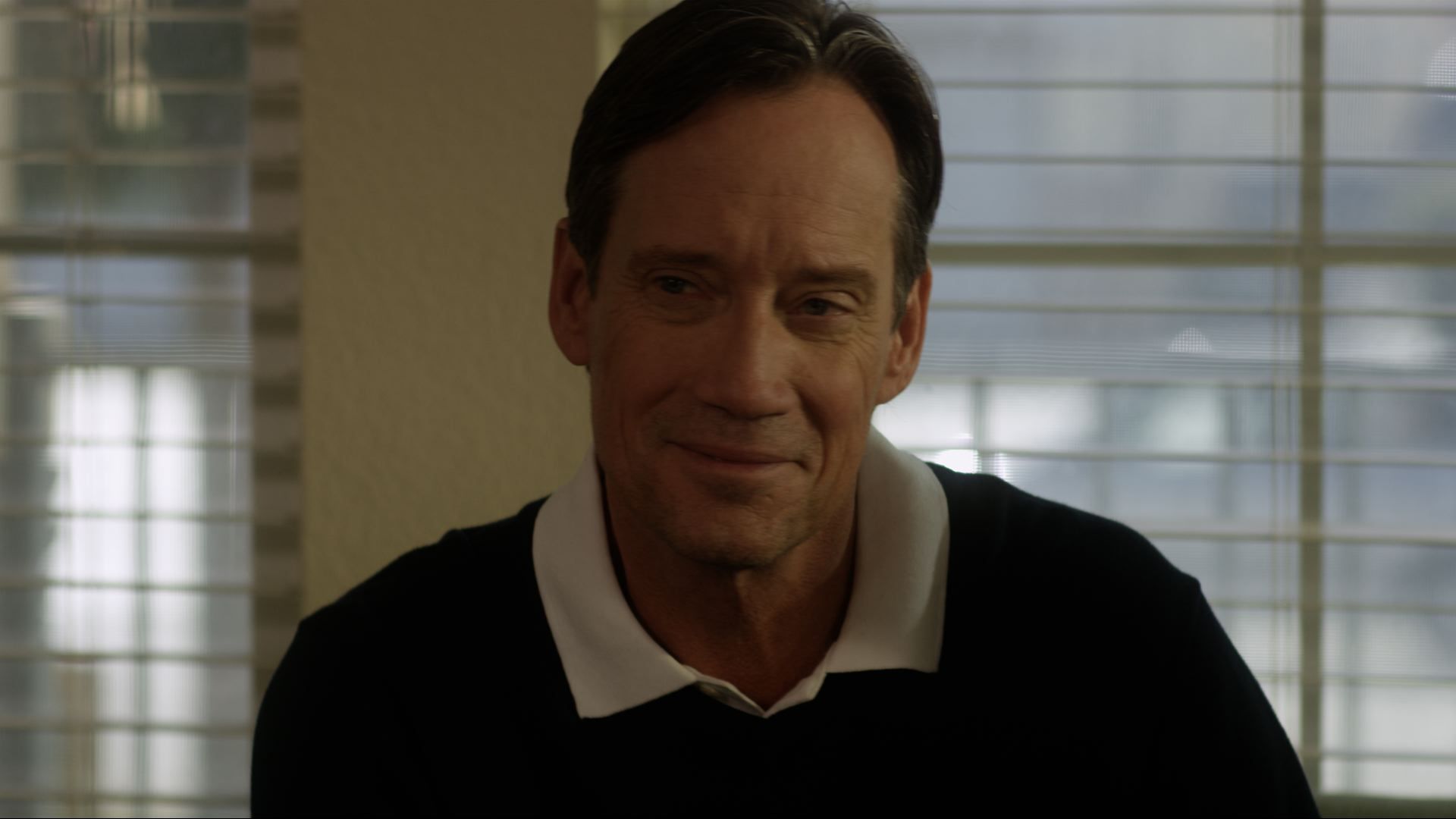Have you ever thought about those quiet figures who just seem to appear out of nowhere, bringing with them a certain sense of calm, yet also a hint of something a bit more intense? It's almost like they carry a whole story that remains unspoken, a deep background that shapes everything they do. This kind of person, a truly skilled individual with a firearm, just sort of shows up in a rather secluded valley, a place tucked away in the vast, somewhat empty stretches of Wyoming back in the year 1889. It's a land where people live far apart, a territory that feels, in a way, very much on its own.
This tale, you know, is one that has really stayed with folks for a long, long time. It’s about a drifter, someone who moves from place to place, who finds work as a farmhand for a family trying to make a living on their plot of land. This classic story, featuring a cast that includes Alan Ladd, Jean Arthur, Van Heflin, and Brandon de Wilde, really captures a moment in time, a struggle that feels very human and very real. It's a narrative that, in some respects, speaks to the hopes and worries of people just trying to carve out a life for themselves in a challenging environment.
The film itself, a true American Western from 1953, is often thought of as a prime example of its kind, really capturing the spirit of the old West. It’s known for bringing together a kind of thoughtful look at the past with a very direct, honest portrayal of what life was like. This blend creates a powerful viewing experience, one that has, honestly, left a lasting mark on many who have seen it. We're going to take a closer look at what makes this particular movie so special, and perhaps, how its themes echo in the idea of someone like Shane Haaken Sorbo.
Table of Contents
- The Quiet Arrival of a Figure Like Shane
- What Challenges Did the Character Shane Face?
- The Heart of the Conflict - Land and Liberty
- How Did the Film 'Shane' Come to Be?
- The Character's Inner World - A Look at Shane Haaken Sorbo's Namesake
- The Lasting Impression of 'Shane'
- Why Does This Film Remain So Loved?
- What Lessons Can We Take From 'Shane'?
The Quiet Arrival of a Figure Like Shane
So, we begin with this person, Shane, who appears to be a solitary traveler, someone accustomed to moving through the vast, open spaces. He’s described as being a bit reserved, not one to speak a great deal, but it’s clear he possesses a remarkable skill with a firearm. This individual, whose history remains largely a puzzle, just sort of materializes in a valley that feels quite cut off from the rest of the world. It’s a place within the Wyoming territory, a region that was, in 1889, still pretty much in its early stages of settlement, with homes and farms spread out over large distances. It’s a setting that, you know, immediately tells you this is a story about people making their way in a wild, untamed environment.
This wandering individual finds a place to stay, taking on work as a farmhand for a family that is, frankly, working very hard to simply survive. They are what you might call "hardscrabble" folks, truly putting in the effort to cultivate their land and build a life. This initial connection, this act of taking on a simple job, seems to hint at a desire within Shane to perhaps find some kind of stability, a sense of belonging, even if just for a short while. It’s a pretty compelling setup, if you think about it, for someone with such a mysterious air about them to settle into such a humble existence, at least for a time.
The film, as a matter of fact, does a wonderful job of showing this quiet introduction. You see the vastness of the landscape, the simple, honest work of the settlers, and then there’s Shane, a figure who seems both perfectly suited to this rugged land and yet also somehow separate from it. His presence, even when he’s just doing farm chores, suggests a deeper story, a past that he’s perhaps trying to put behind him. It’s a very clever way to introduce a character who will, quite honestly, become central to the lives of the people he meets, and to the conflicts that are already brewing in this peaceful-looking valley.
What Challenges Did the Character Shane Face?
Once Shane settles in, it becomes clear that his arrival isn't just about finding a job; it's about stepping into a situation already filled with tension. He finds himself, pretty quickly, in the middle of a serious disagreement. The core of this trouble, it turns out, is between a powerful cattleman named Ryker and a group of settlers, including Joe Starrett and his family. Ryker, you see, wants their land, and he’s prepared to go to some rather extreme lengths to get it. So, Shane, this person who seems to be looking for a peaceful life, is drawn into a struggle that is anything but quiet.
The main task that falls to Shane, more or less, is to help clear out all the guns from the valley. This isn't just about removing weapons; it’s about putting an end to the intimidation and the violence that Ryker and his people are using to force the settlers off their property. It’s a big ask for someone who, on the surface, seems to want to leave his own past, a past likely filled with guns and conflict, behind him. He’s trying to find a different path, a quieter way of living, yet he’s pulled back into the very kind of situation he’s trying to escape. This is, you know, a very human struggle, trying to change who you are while your old self keeps pulling at you.
The challenges for Shane are not just external, like dealing with Ryker’s threats. There’s also an internal battle going on. He yearns for the kind of settled, family life that he sees on Joe Starrett’s place, a peaceful existence nestled in the impressive Grand Teton mountains. This desire for domesticity, for a home and a family, is a strong pull for him. Yet, his skills, the very abilities he’s trying to suppress, are exactly what the settlers need to protect their way of life. It’s a really interesting push and pull, actually, between what he wants for himself and what he feels he must do for others. This inner conflict makes him a very relatable figure, even for those of us who have never faced down a cattle baron.
The Heart of the Conflict - Land and Liberty
The disagreement at the center of the film, as a matter of fact, isn't just a simple squabble; it's about something much bigger. It’s about the very idea of owning a piece of the earth and the freedom that comes with it. The cattleman, Ryker, represents an older way of doing things, where vast stretches of land were used for grazing, often without much regard for those who wished to settle and farm. The settlers, like Joe Starrett and his family, embody a newer vision, one of building communities, putting down roots, and making a life through hard work on a specific plot of ground. This clash of ideals is, in a way, what drives the entire story.
The land itself becomes a symbol, you know, of everything that’s at stake. For the settlers, it’s not just dirt and rocks; it’s their future, their independence, the place where they hope their children will grow up. For Ryker, it’s about control and maintaining a way of life that he believes is his right. This struggle over territory is a really common theme in Westerns, but in 'Shane,' it feels very personal because you see the faces of the people who are fighting for their homes. It’s a very direct portrayal of what it means to defend what you believe is yours, and what you’ve worked so hard to build.
Shane, as a figure, finds himself caught in the middle of this fundamental disagreement. He’s not a settler, not a cattleman, but his presence forces the issue to a head. His very existence, his past, and his desire for



